Reachy Prints is bursting with new and unique sounds, textures and meticulous attention to melodic detail.
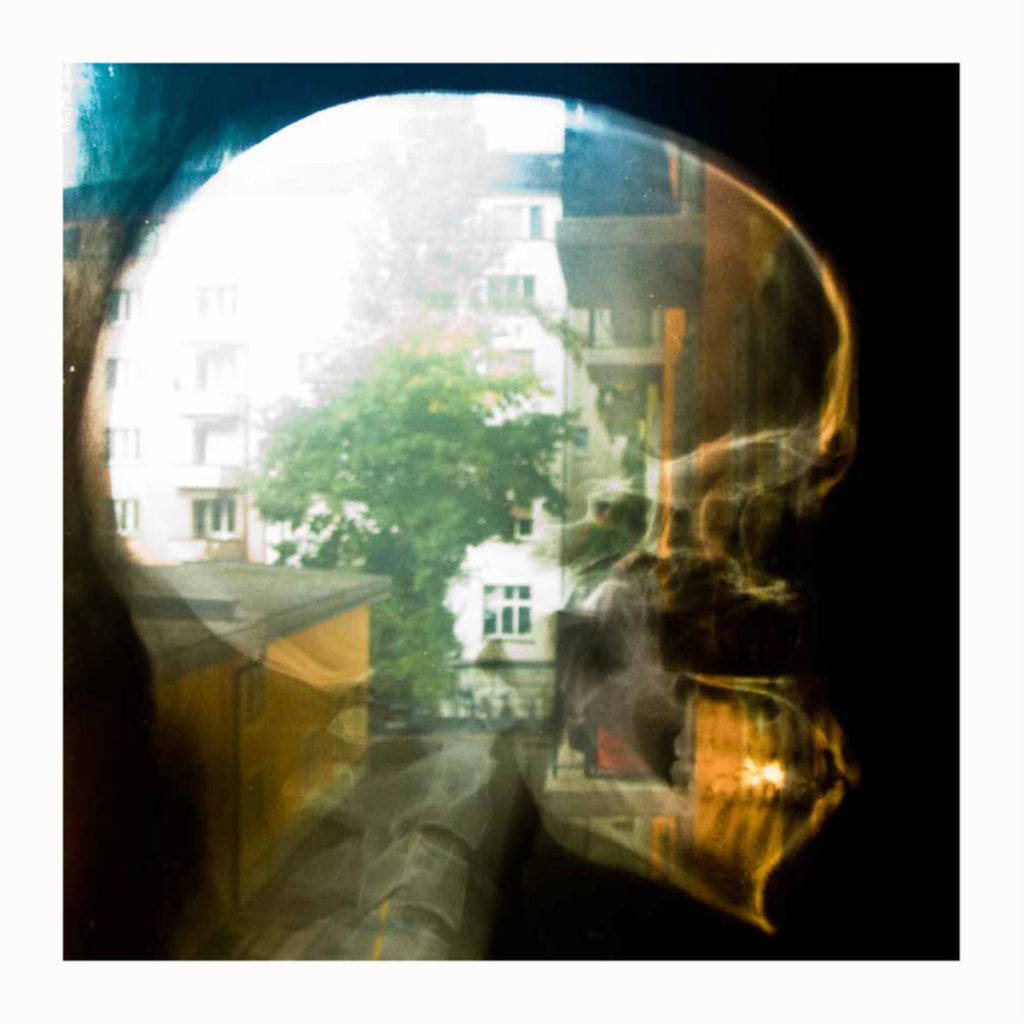
Maybe it’s the gap of roughly eight years that separated Spokes from Scintilli their long-awaited return in 2011 that makes it feel almost too good to be true that yet another Plaid album has arrived on our doorsteps. And yet here it is, Reachy Prints, featuring nine brand new tracks across forty glorious minutes.
But don’t let the diminutive (by Plaid standards anyway) running time fool you as it has resulted in possibly their most refined and dense work to date. If Scintilli is Plaid’s Vespertine—a highly composed collection of metallic percussion and strings heavy with a distinctly amorphous, often improvised feel—then Reachy Prints is their Oversteps, every track bursting with new and unique sounds, textures and meticulous attention to melodic detail.
Almost as if bidding adieu to a period of experimentation with live percussion and metallophones (glockenspiel, hang-drums, gamelan, etc.) in readiness for the weaving of new strands into their already highly complex and eclectic musical DNA, opening track “OH” begins with a cascade of autoharp notes followed by a long, hanging pause. It then proceeds to blend glitching, switchback synths and sonorous bells with distorted strings and autoharp, piercing vocal coos and a closing, continental twist of mandolin.
“Hawkmoth” promoted the album and turned out to be truly representative of the content as a whole, even if said content is actually pretty damn eclectic. Reminiscent of the catchiest moments of Double Figure, its central melodic tones skip and jump through a myriad of clipped keys, rose-tinted, retro flutes and Panabrite-esque bubbles. “Slam” is one of the slow-builders on Reachy Prints, the uplifting key-changes and toe-tapping, swaying rhythms neatly offsetting the hollow, chilly background drones. No Plaid album would be complete without an off-kilter connecting track, and “Ropen” is it, an “Extork” exercise in slicing, glitching, clanging unease and oblique structure.
“Wallet,” on the other hand, is pure Not For Threes Plaid, an experimental and unpredictable gem that ricochets from one unforgettable, melodic movement to the next, awash with twinkling stars, bass throb and soft arpeggios. “Matin Lunaire” is a distant, less overtly Doctor Who inspired cousin of “Unbank,” firing elements of “Buns” through the piece to create an insanely catchy, head-nodding slice of electronic pop. Meanwhile both “Nafovanny” and “Tether” inhabit darker territory, reminiscent in tonal palette and structure of tracks that would have slotted perfectly into Greedy Baby, the queasy gurgle and loping gait of the former and the bizarrely crooked and twisted tones of latter creating an unease unmatched elsewhere.
Plaid always go out with a bang, and in Reachy Prints‘ case it is with live favorite “Liverpool St.” The bouncy, P-Brane era Disneyland intro packed with rainbow soaked woodwind melodies and showers of percussive golden stars, is followed by slowly building tension before it explodes into distorted bursts of static, shards of frosted fuzz and heavyweight bass drums before finally fading to a free-form piano outro.
Plaid consistently imbue each consecutive album with elements of their past work whilst simultaneously taking their sound somewhere new, but never has this been more comprehensive and career–spanning than on Reachy Prints. There are elements of almost everything Ed & Andy have ever done present here in one way or another, yet it sounds completely fresh and innovative takes everything they do to a new level. That it does so in a tightly packed forty minutes is even more impressive, proof that electronic albums don’t need to last over an hour to feel genuinely substantial.
Plaid may have delivered less material than on previous albums, but with Reachy Prints they have composed, arranged and produced far, far more, creating one of their most rewarding albums to date.
Reachy Prints is available on Warp.






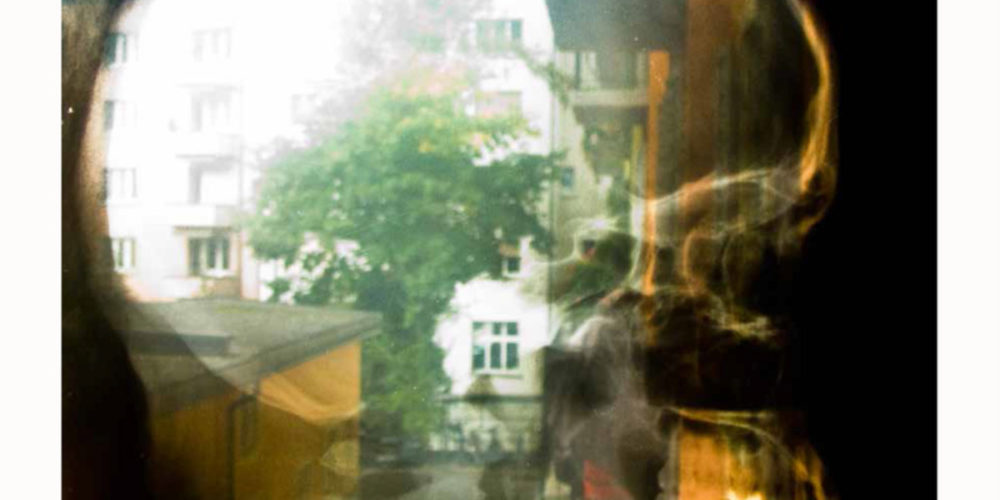




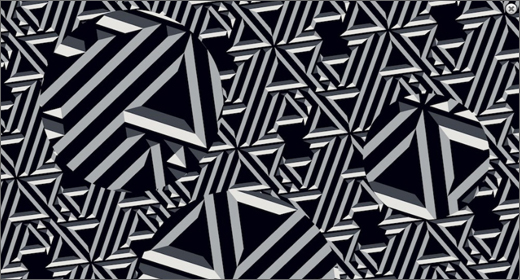
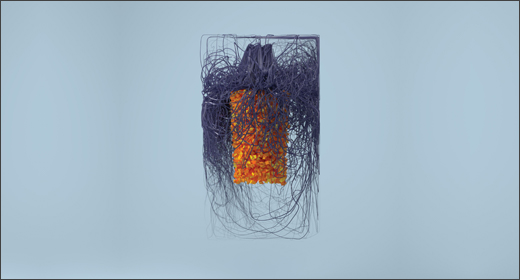
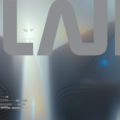
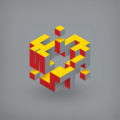
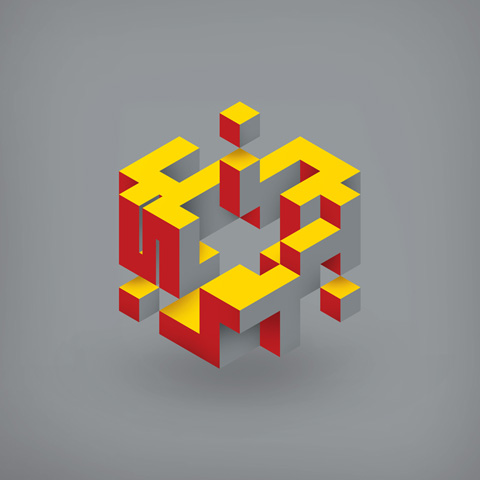


![Ndorfik & madebyitself :: Solos EP (People Can Listen) — [concise]](https://igloomag.com/wp/wp-content/uploads/2025/04/ndorfik-madebyitself-solos_feat-75x75.jpg)








